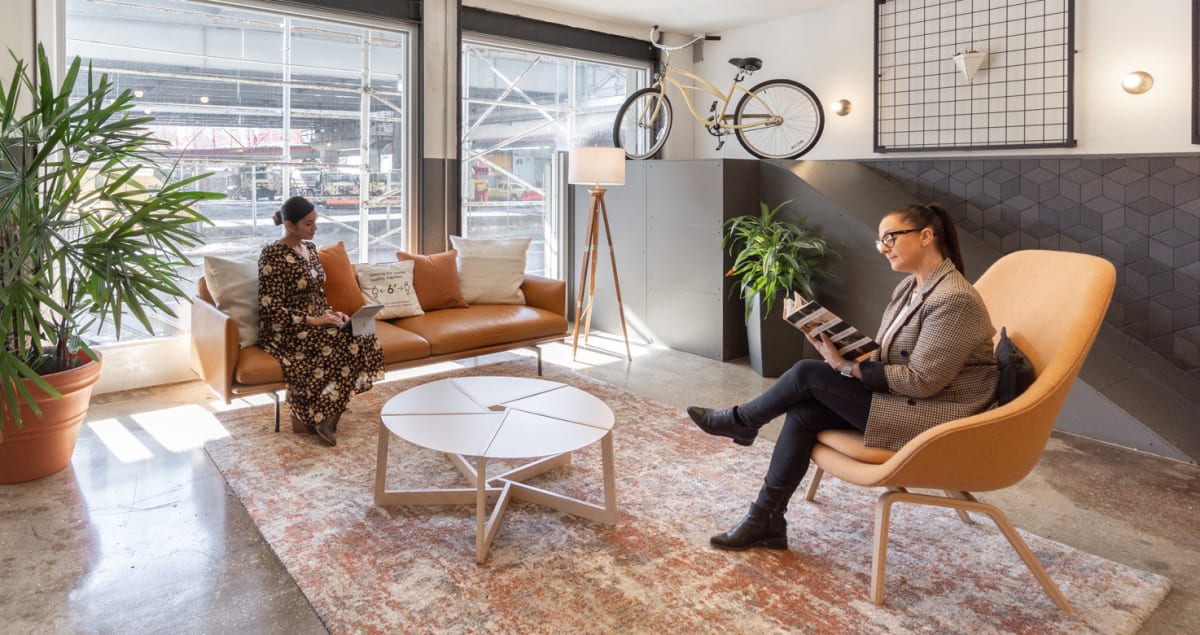It’s the forecasting term on everybody’s lips – so here’s why landlords should pay attention to the transformations and benefits of hybrid working
Moving into the post-pandemic workplace of 2021, most companies are looking at an imminent and tectonic shift to a hybrid work model, where employees enjoy a mix of home and office-based tasks. This shift will be a permanent one, driven both by employee preferences and employer pragmatism.
A recent JLL survey of 2,000 office workers across 10 countries shows that a majority want to work remotely up to two days a week on average, going forward – that’s double the pre-pandemic level. But it also seems that people have had enough of working exclusively from home, says Canary Wharf Group’s head of strategy, Howard Dawber, who told the BBC this month that employees “are missing office and city-centre life”.
This can only mean change is afoot for commercial landlords, whose traditional lease terms are now trending downwards. But as property estates confront the changing shape of their portfolios, opportunities are ripe to transform their properties and diversify, attracting companies seeking this flexibility.
Adapting to the times
Flexspace is one solution that will enable office users and landlords alike to adapt, allowing them to respond to changing dynamics as they embark on the recovery trajectory out of the pandemic.
Firms now understand the need to have some sort of flexible work solution as part of their building portfolio. “What’s more, they actively want to have it,” says Thomas Sinclair, IWG’s Group CIO and Global Head of Network Development. “They know that this is where the market is inextricably heading.”
Sinclair explains that the rules have changed – long-term leases and the landlord-tenant dynamic are now a world away. “There’s a huge amount of value added in the flex system, compared with what people have been used to providing and what they have been used to receiving in the past,” he explains.
“Flexspace gives you that diversity and allows you to plug into the biggest and fastest-growing source of demand, ensuring that you are positioned for where – without a shadow of a doubt – the market is heading. Frankly, as a landlord, you can’t afford not to have at least some exposure to this trend.”
Choosing the ideal partner
For landlords considering gaining access to the flexspace market (which has grown by more than 20% over the past seven years), finding a partner with an established property portfolio that already caters to local, national and international businesses can accelerate the process of reaching a global audience of high-quality commercial tenants.
At the same time, partnership can transform an office property into a place where people and their businesses work more productively, adding value to the landlord’s property.
A key benefit of partnering with IWG is that it gives landlords the opportunity to share the risk of any flexible workspace strategy. Additionally, IWG offers the advantages of scale and brand diversity – it’s the only flexspace operator to deliver a spectrum of brands.
“It’s a critical point of differentiation for landlords,” says IWG’s Sinclair, as it enables landlords to tailor their properties to the potential customers’ profiles, whether they are startups or corporates. “From Regus and Spaces to HQ and Signature, IWG has a brand solution appropriate for any space a landlord might want to convert,” he explains.
IWG’s scale is another plus here. “With it comes the ability to provide value for our landlords at the best possible price,” Sinclair concludes.
IWG has been helping businesses like yours with corporate flexspace solutions for the last 30 years. Find out how we can support you today






